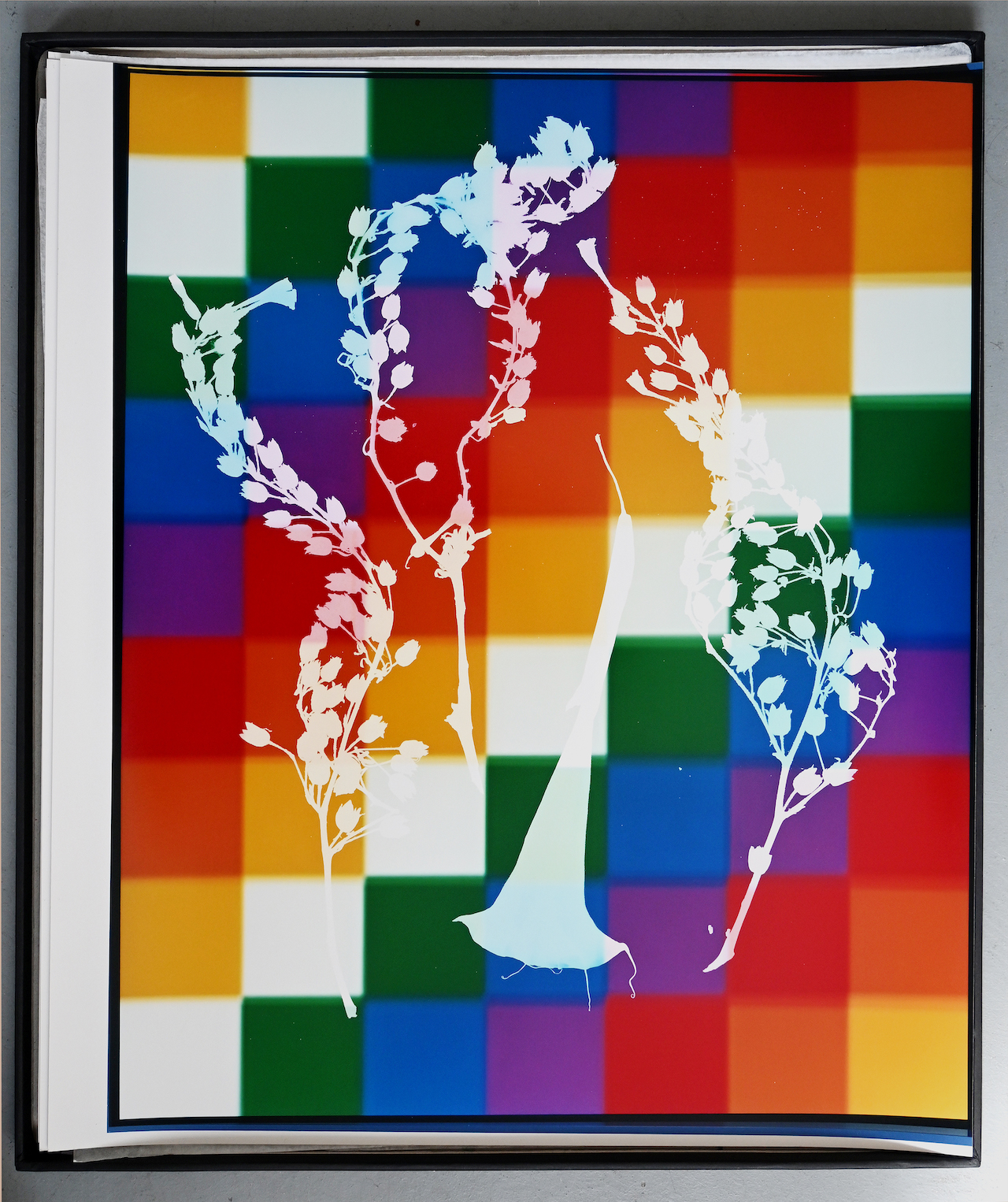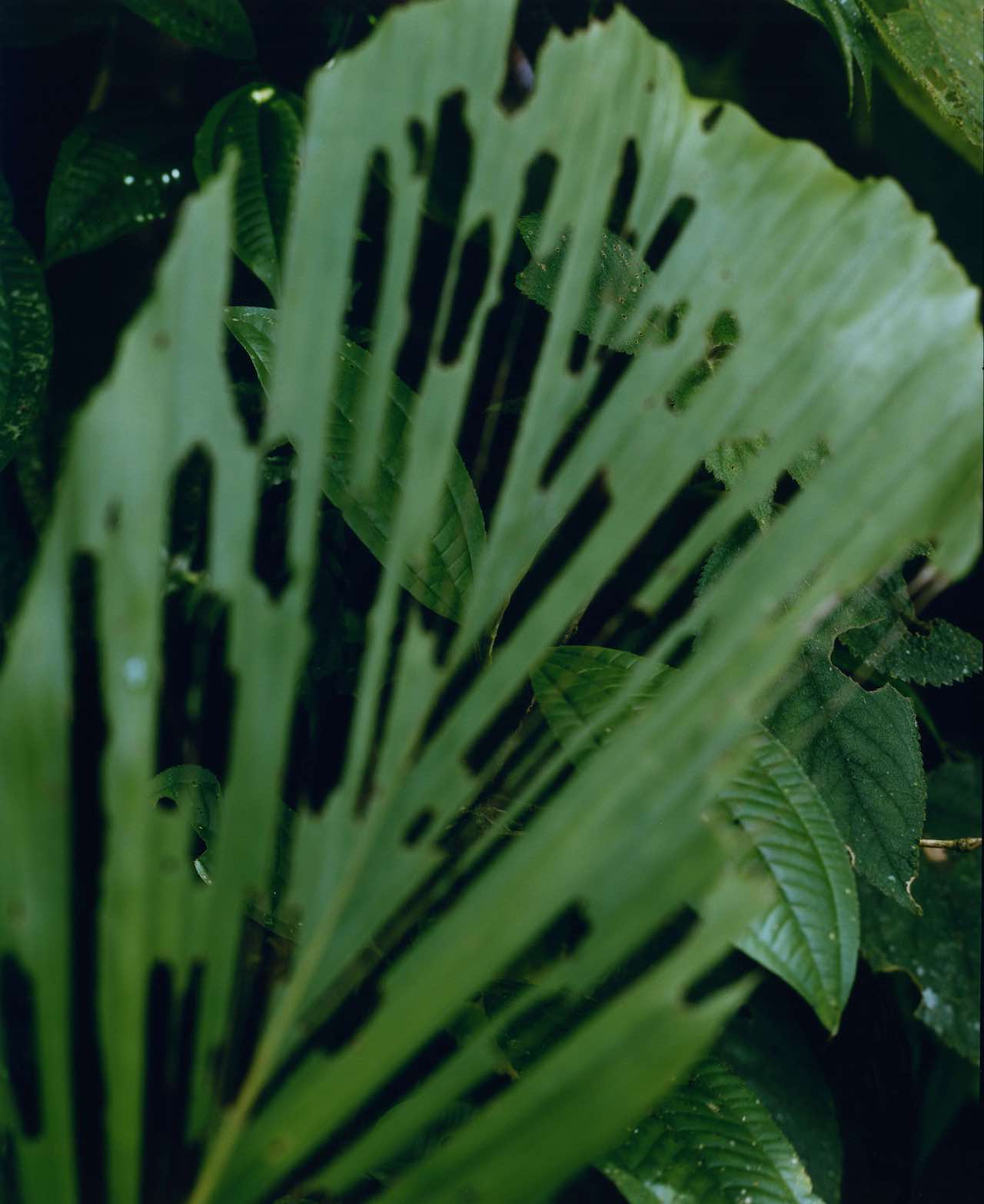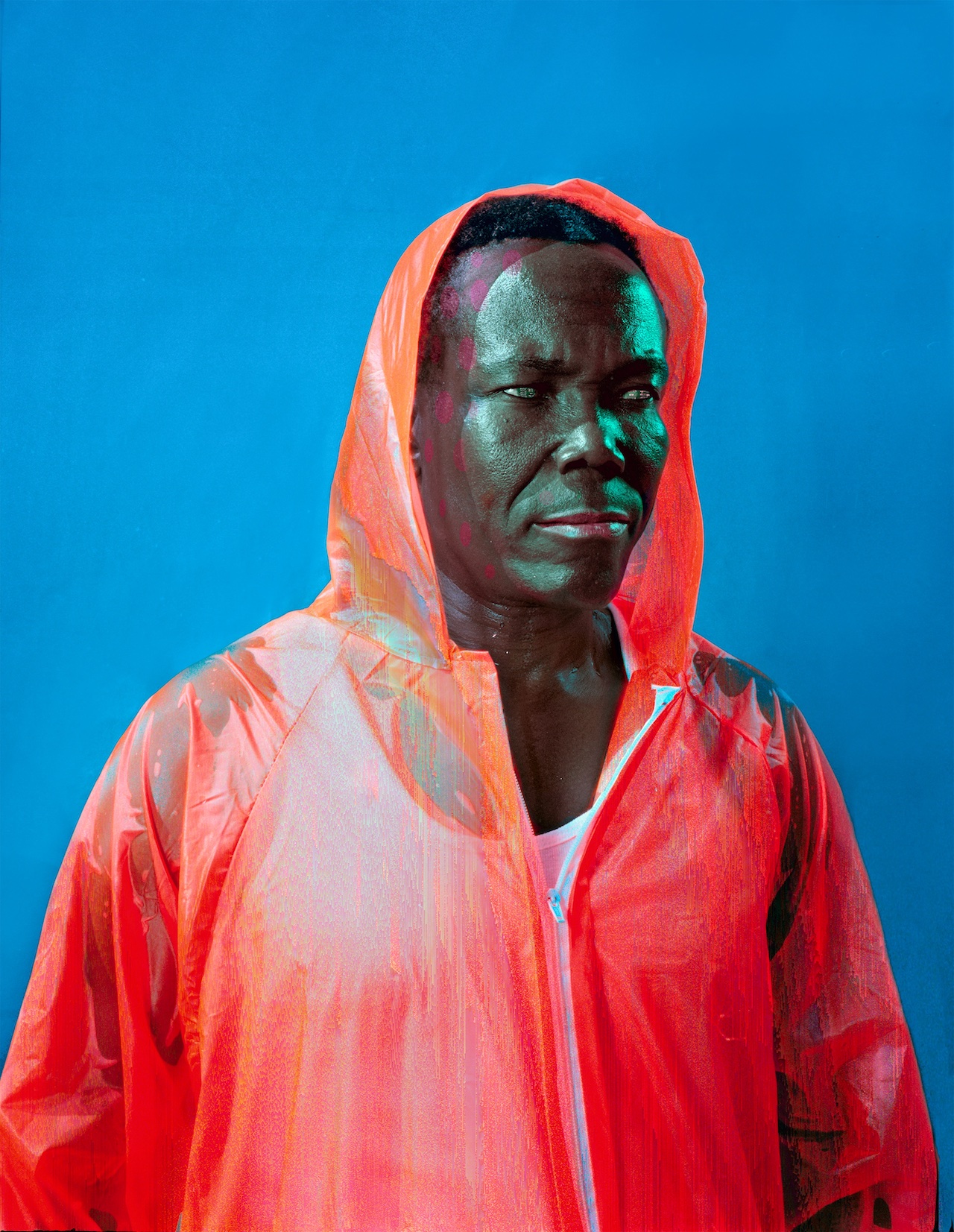© Fernando Montiel Klint.
Editor and photographer Santiago Escobar-Jaramillo highlights six photographers offering new perspectives in Latin American photography
Is there such an entity as Latin American photography? To answer this question, we must first look at the identity and politics of the continent. It is apparent that social tensions incited by a history of violence, inequality and injustice still prevail, not to mention rampant corruption and political turmoil. We have grown accustomed to normalising these practices. Despite our fertile land, abundant resources and creative talent, these sociopolitical challenges result in wasted potential. However, to paint the individual countries of Latin America with one brush is the first way of confusing our identity and not appreciating our diversity.
In the last decade, Latin American creatives, those who understand the nuances of their culture and country best, have developed more diverse and complex approaches to storytelling. More than ever, photographers are engaging with contemporary politics, which in turn jeopardises the traditional way Latin American people have been studied from the outside (something that takes much and leaves little). Furthermore, social movements, which have renewed visions of gender politics, the environment and social justice, are increasingly taking over space to tell stories of resistance and re-existence. More than ever, there is a need to expand from concept and image. We search for new ways of observing, listening and communicating, of receiving and sharing, of accentuating diversity and particularity.
The following photographers showcase a wide spectrum of photography pushing at the boundaries of visual language. There are examples of conceptual and documentary photography; participatory actions and performance, multimedia narratives, sculptural, musical and sensorial possibilities, as well as scientific findings, and experimental and technological processes. It is a breadth of photography that expands our understanding of our home, redefining Latin America through the lenses of those who experience it.
Oscar B Castillo
Born in 1981 in Caracas, Venezuela, Oscar B Castillo is a documentary photographer whose work tackles issues of inclusion and social justice. He has developed his practice by travelling on assignment across the world, covering newsworthy stories while taking a stance of respect and solidarity. Today, he uses photography as a tool for memory, questioning the dynamics of political and economic power in his native Venezuela. Castillo’s work has been recognised with a number of fellowships, including three from Magnum. Currently, he is developing SUR REAL, an association aimed at promoting and disseminating Latin American documentary photography in France.
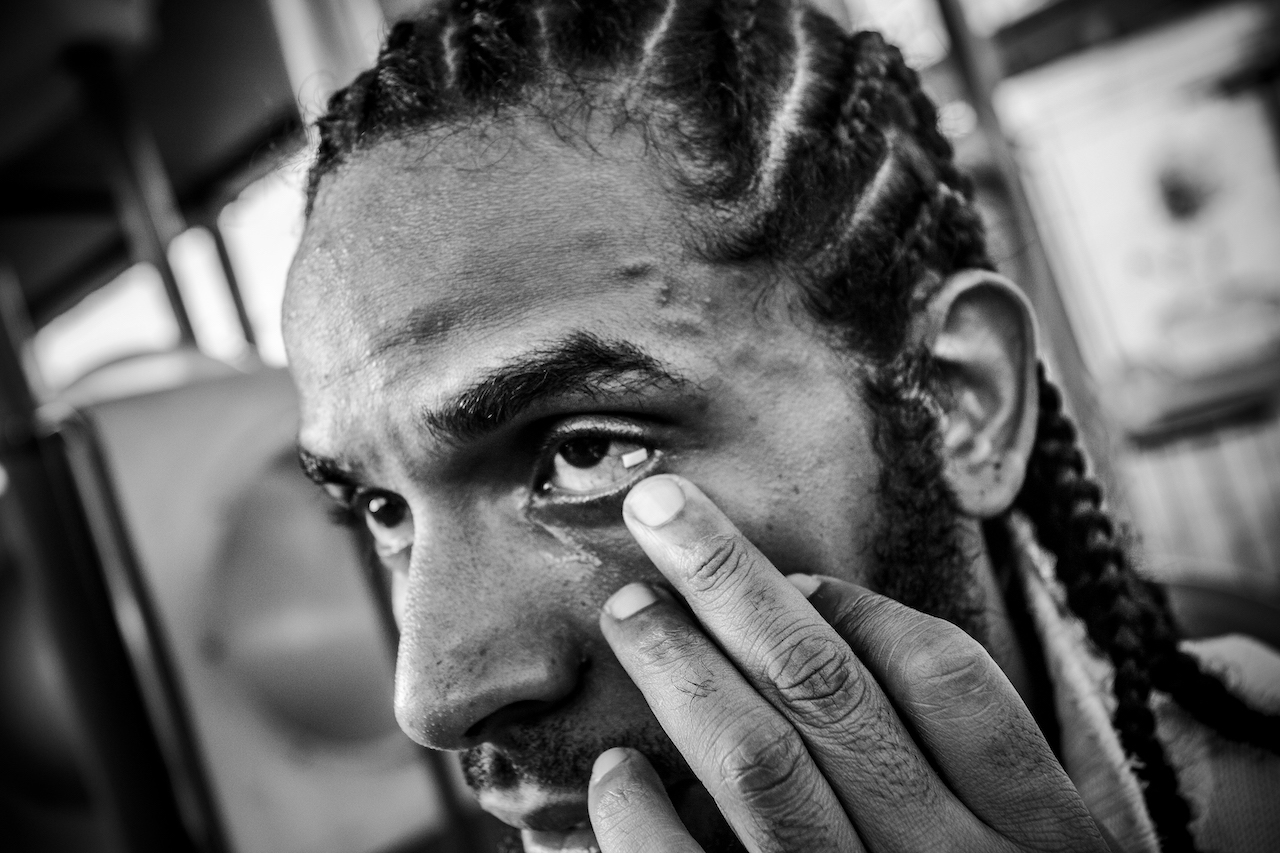
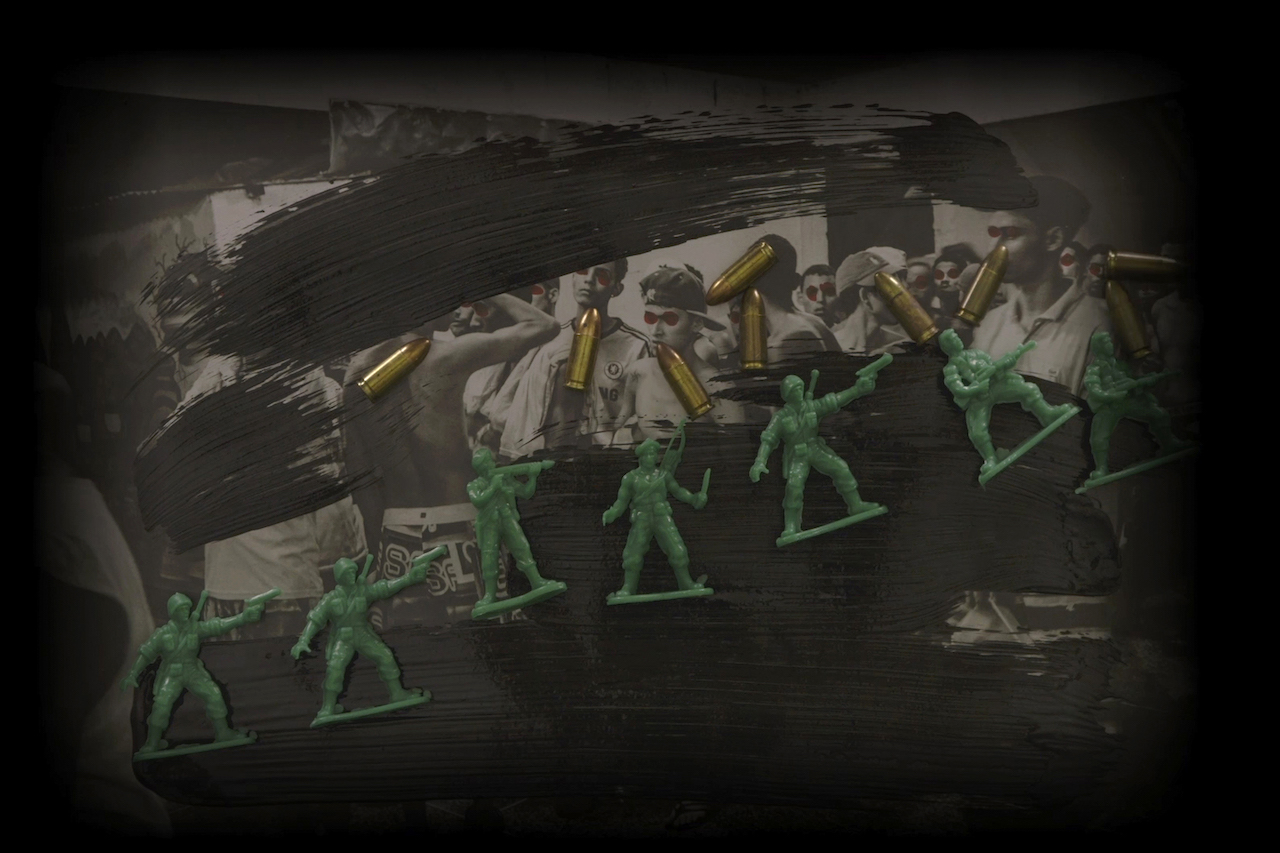
Fernando Montiel Klint
Born in Mexico City in 1978, Fernando Montiel Klint’s artistic curiosity drives him towards creating surreal imagery of altered perceptions, exploring the post-human and the non-human. His work refers to the state of hypermodernity, which he finds full of contradictions. Montiel Klint has always been interested in expanding the photographic medium from the still image to a moving one, and he is unafraid to employ a sense of humour along the way. The use of different technologies is evident in his practice. He has shown work all over the world, and this summer his series El Anfibio Dorado made the final selection at Helsinki Photo Festival’s open call.
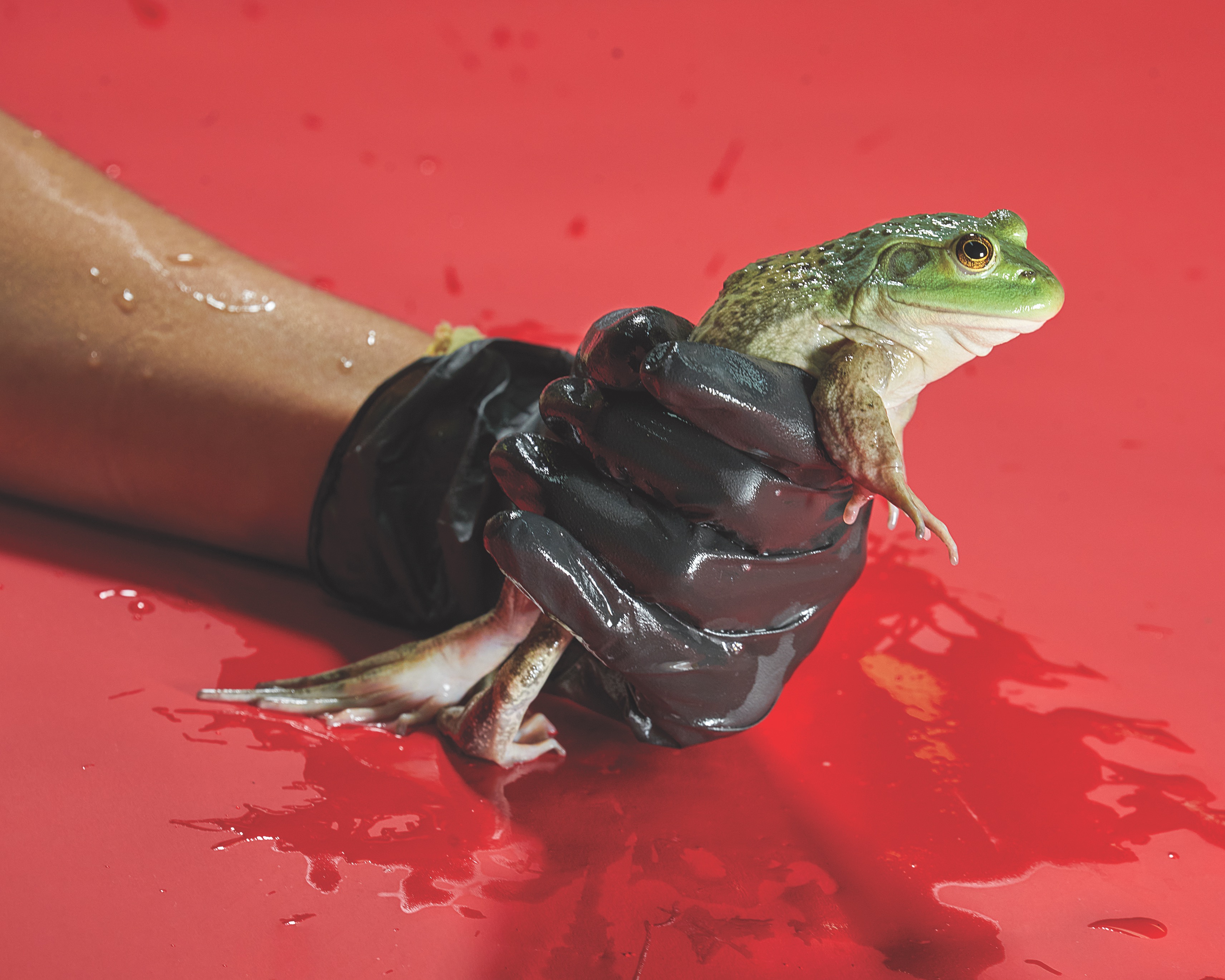
Fabiola Cedillo
Ecuadorian photographer and educator Fabiola Cedillo was born in Cuenca in 1987. Her work charts how people adapt and resist social roles, capitalism, desire, frustration and idealisation. She is particularly interested in contemporary beauty standards and the lives and bodies that are marginalised because of them. Cedillo employs elements of fiction, performance and multiple visual resources. In 2017, she created AULA, an independent school of photography in Latin America, which over the past two years has focused on creating programmes for ethnic minorities, migrants, and trans and non-binary people. The school hosts classes focusing on the body and its image, and educates on physical and mental disability.


Isadora Romero
Isadora Romero is a lens-based media storyteller based in Quito, Ecuador. Her work focuses on issues of identity, gender and the environment in Latin America. Her way of creating stories lies at the intersection of photojournalism and art, taking from the former elements of research and the connection with non-fiction, and from the latter the aesthetic tools and appeal of sensory and cognitive elements. She is co-founder of the Latin American women photographers’ collective Ruda Colectiva, and is the recipient of numerous accolades; she won the World Press Photo Open Format Award earlier this year.
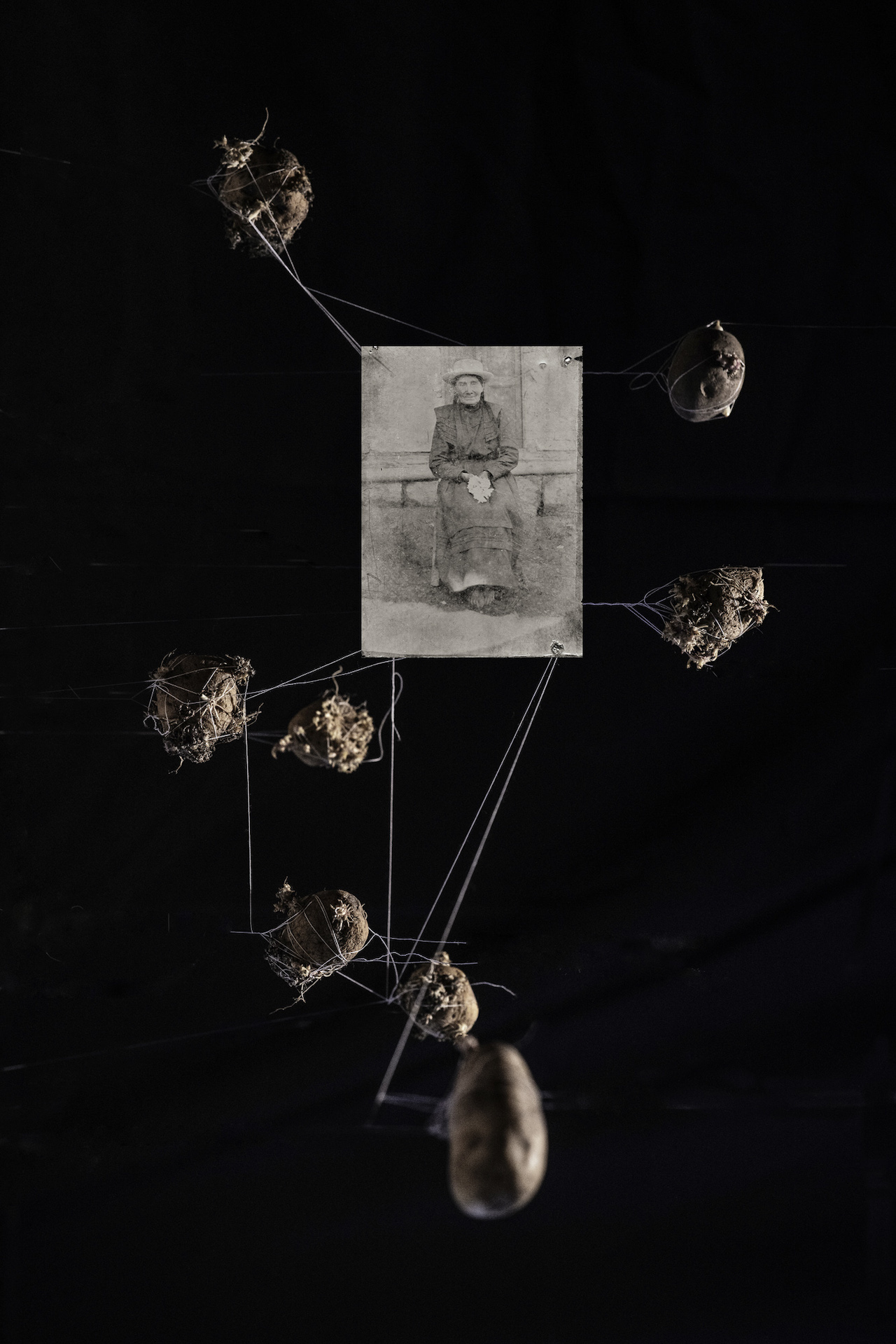
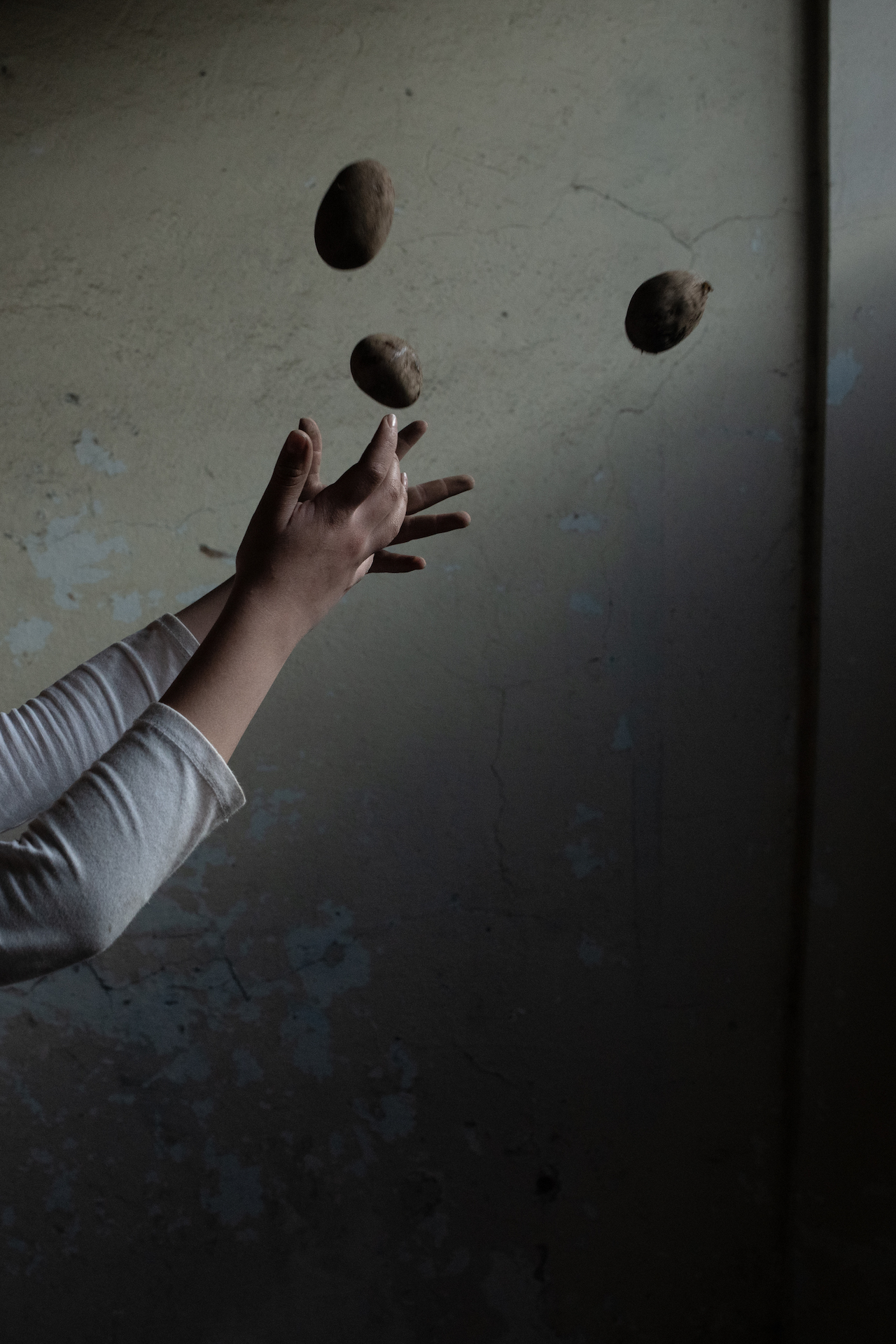
Nicolas Janowski
Nicolas Janowski (Buenos Aires, Argentina, 1980) is an artist, curator and educator. His background as an anthropologist and human rights activist drives him to approach concepts of territory, senses of belonging and hybrid identities in his work from an intersectional perspective. He uses mixed media techniques, blending archival images, cartography, text and sound to complement his narratives. Recently he has been exploring sculpture, painting and sound landscapes. Janowski is a member of MAPS and is represented by Vigil Gonzales (Peru) and Almanaque (Mexico).
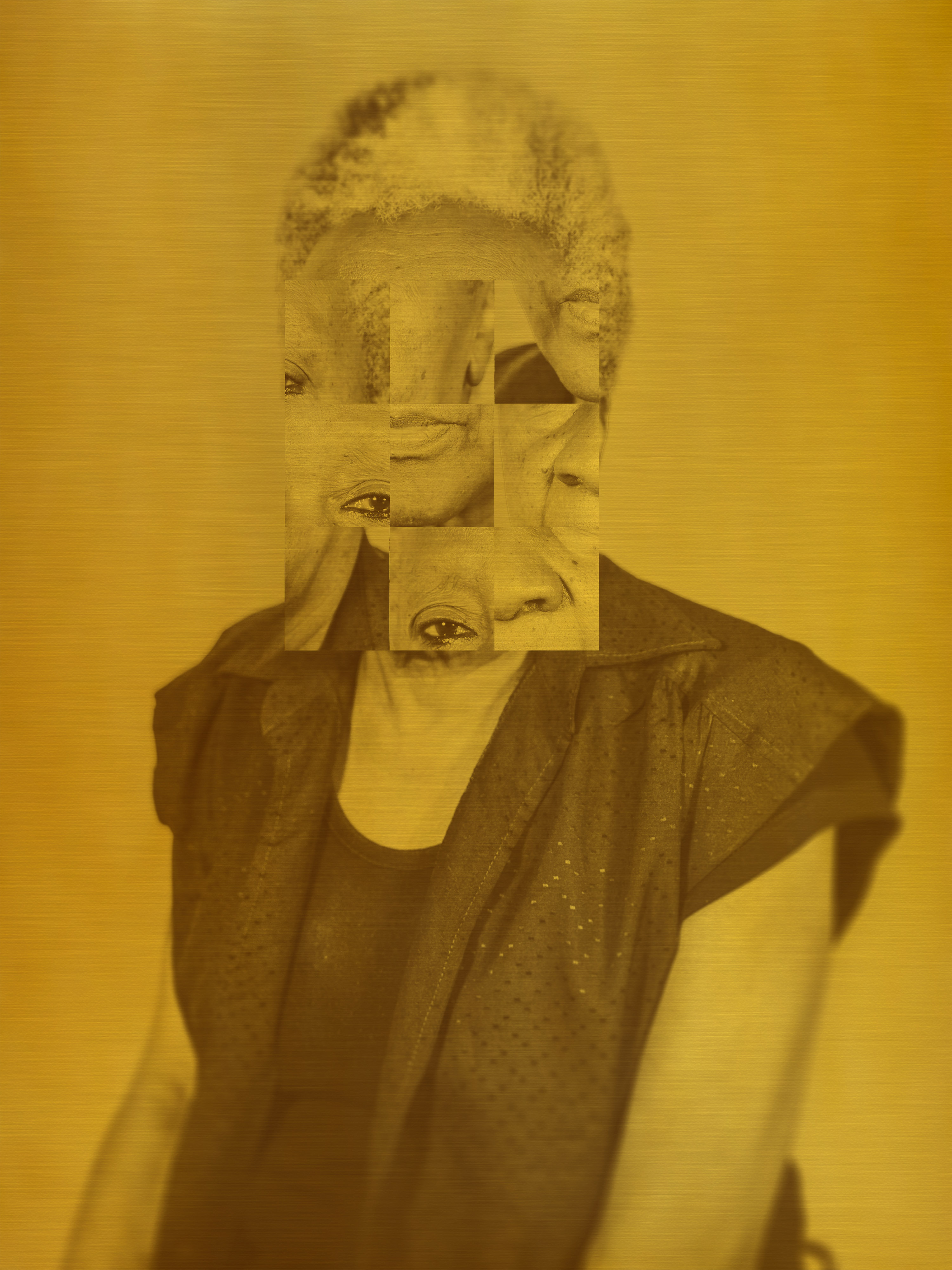
Karen Paulina Biswell
Karen Paulina Biswell was born in 1983 to Colombian parents who were forced to flee to Paris in the early 90s, escaping the political violence unfolding in their home country. Based on her experiences of the western European world and an attraction to the romantic rhetoric of the Indigenous people of her homeland, she constructs a visual universe revealing the tension between the historical and contemporary, defying the hierarchies of power imposed by the photographic medium. A major focus is towards the Emberá peoples in Colombia and she collaborates with María Amilbia Siagama Siagama of the Indigenous community. The family elder’s paintings and illustrations, along with observations on nature, imbue the work.
